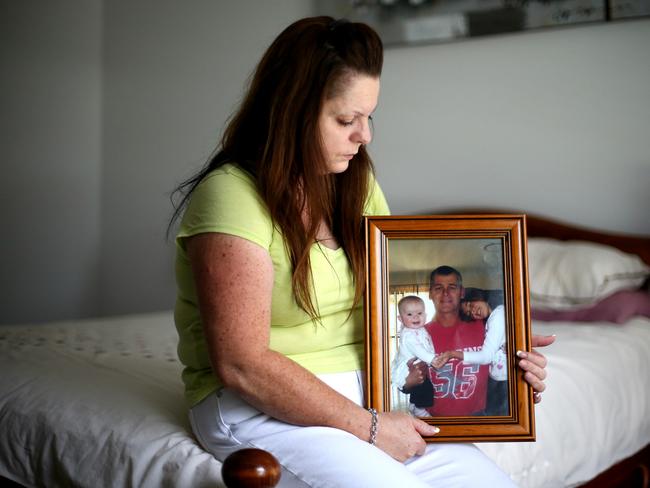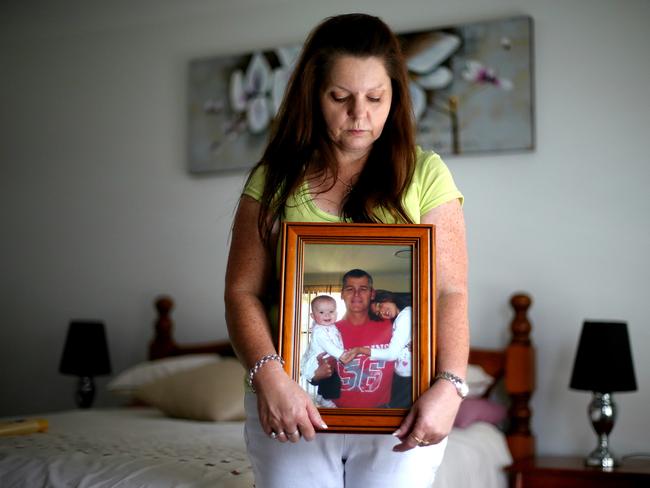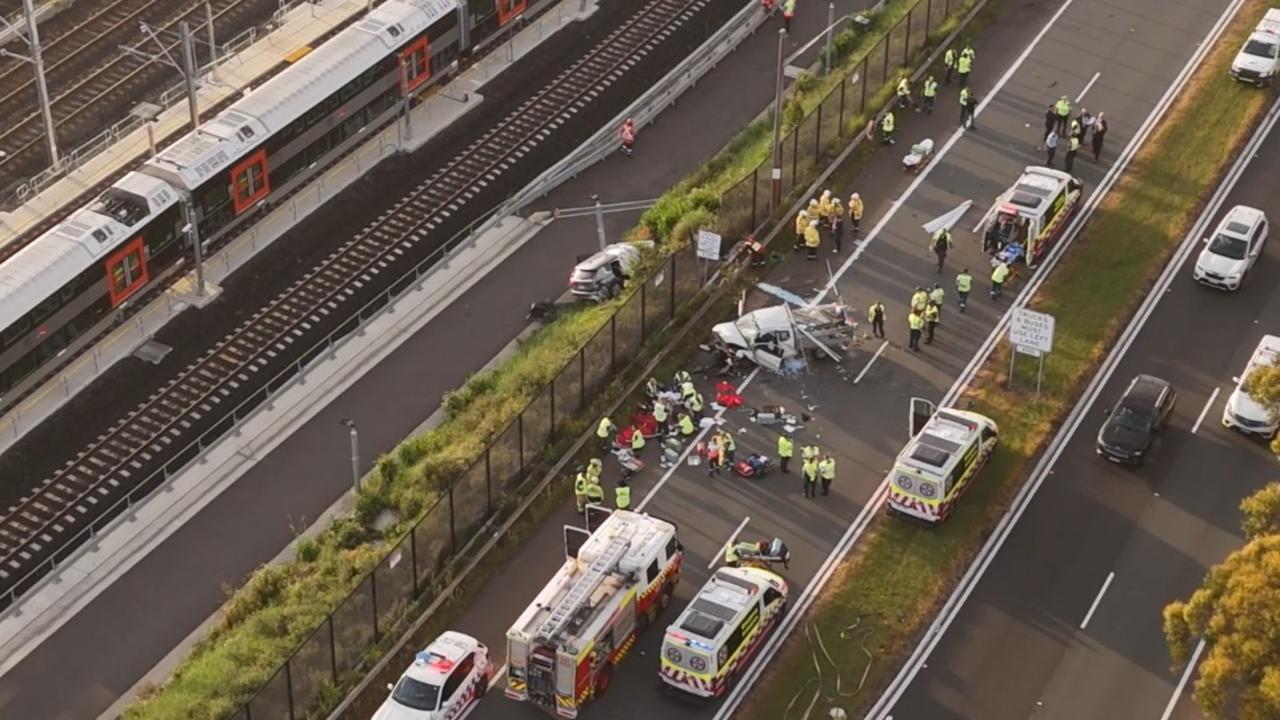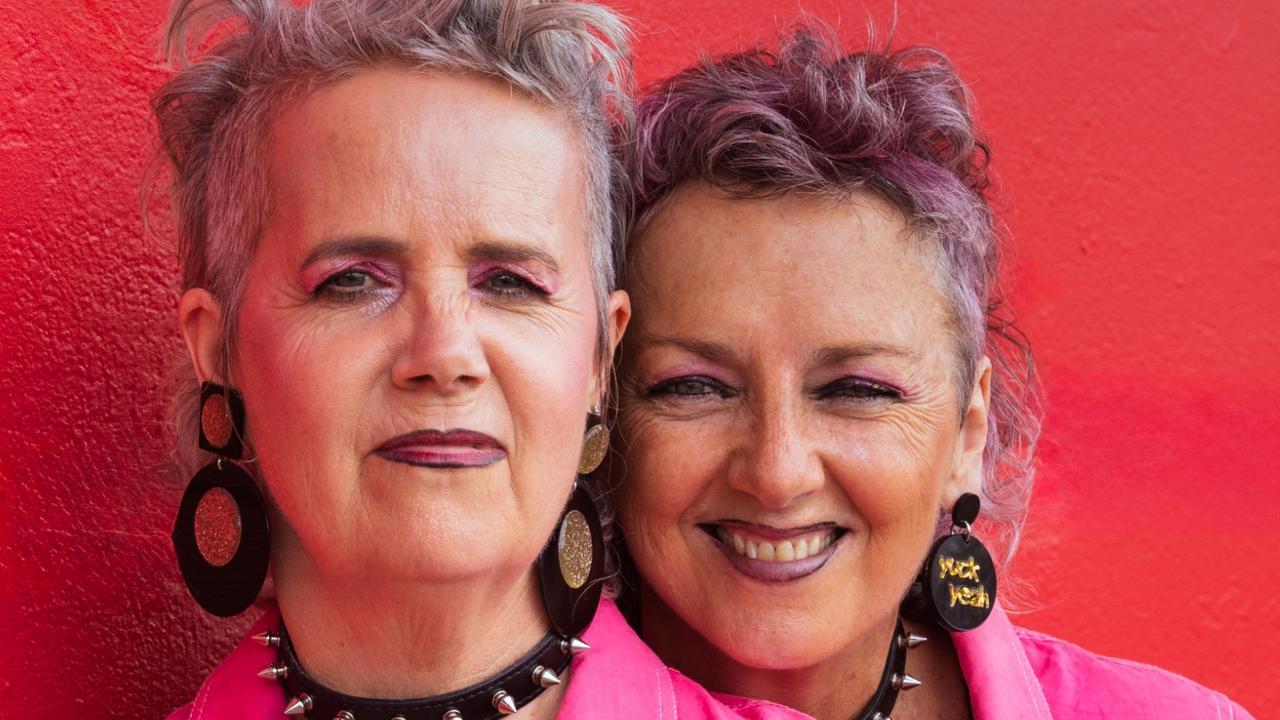St Vincent’s chemo scandal: Spin doctors put patients last despite major fears
ONE of the country’s top cancer doctors was warning St Vincent’s Hospital it had a “major issue with governance” over the underdosing chemo scandal.
NSW
Don't miss out on the headlines from NSW. Followed categories will be added to My News.
- FAMILIES’ SEARCH FIR ANSWERS BEGINS AGAIN
- ST VINCENT’S HOSPITAL’S SICK CANCER SECRET
- FEARS THERE COULD BE HUNDREDS OF VICTIMS
ONE of the country’s top cancer doctors was warning St Vincent’s Hospital it had a “major issue with governance” over the underdosing chemo scandal — which could significantly increase death rates — even as the hospital questioned whether it needed to tell patients.
Hospital managers debated letting affected cancer patients know about the underdosing drug regimen as “in the end no harm appears to have been done”, secret emails revealed to state parliament show.
And when the scandal finally broke hospital staff were ordered to stick to a set script — which included an inaccurate statement that the underdosing had “no adverse impact”.
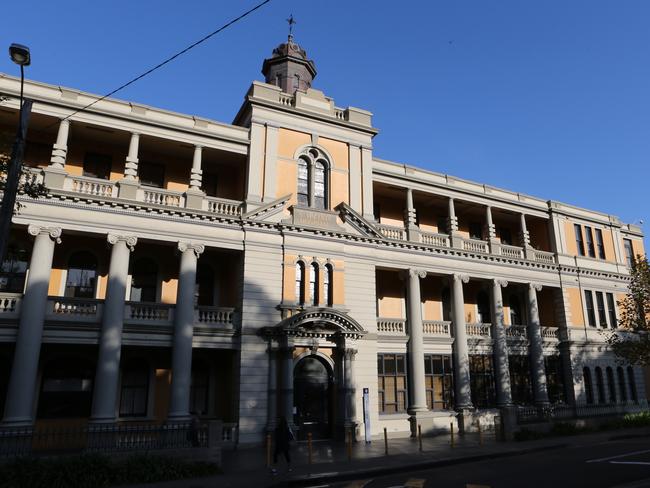
An interim report into the “flat dosing” of 78 chemotherapy patients with the medication carboplatin at the hospital found that statement was not accurate.
The release of the secret documents came as Health Minister Jillian Skinner said she expected sackings at the hospital after staff failed to tell patients for months that Dr John Grygiel had underdosed them with a chemotherapy drug.
“I think there will be changes in staffing,” Ms Skinner said.
“It could be more than 78 (people affected) but I’m very conscious of the need to not alarm or panic people.”
A lawyer for Dr Grygiel said the doctor did not underdose any patients. The doctor was overseas, but would be returning in about one week.
“Dr Grygiel has not been found to have engaged in any mistreatment of patients,” his lawyer said.
Director of cancer services Professor Richard Gallagher sent an email on February 10 to the hospital’s chief executive Associate Professor Anthony Schembri where he questioned if patients needed to be informed.
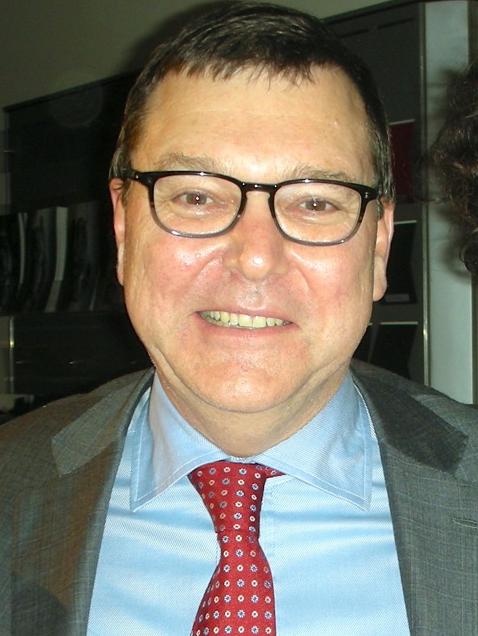
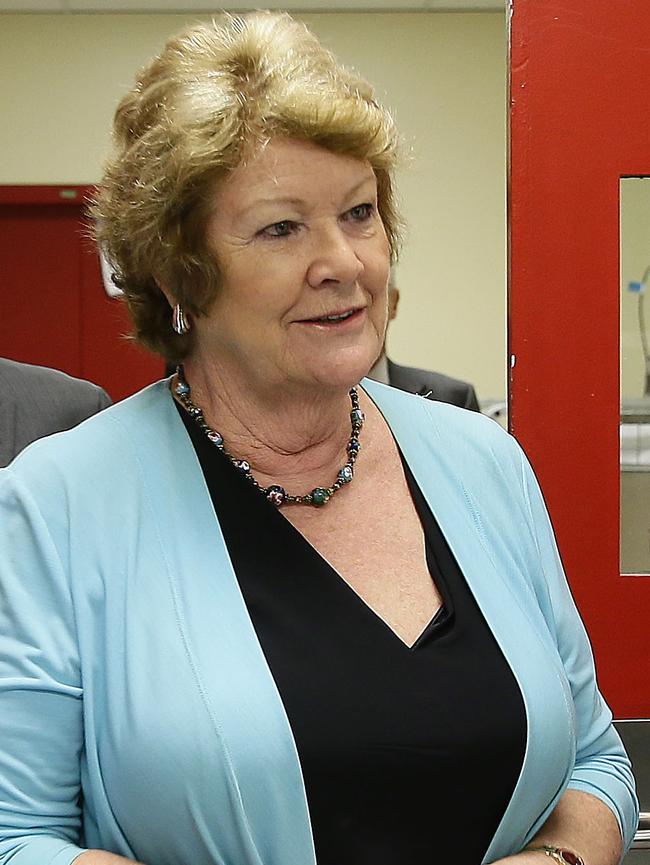
“At some stage we will have to have open disclosure to the head and neck team and medical oncology,” he wrote.
“Do patients need to be informed? In the end no harm appears to have been done and it would almost certainly cause distress.”
A spokesman for the hospital last night said the review had already considered these documents and concluded that the hospital’s governance had failed “as did our systems and processes”.
“We accept, without reservation, the review’s findings. We are committed to implementing all recommendations related to the hospital,’’ the spokesman said.
“Our response to the review has been to apologise, deeply and unreservedly, to the patients and families affected by this matter.”
The external doctor tasked with initially reviewing the case, Adelaide Cancer Centre oncologist Dr Brian Stein, sent an email to the hospital’s top brass “clarifying” several issues after fearing a “misunderstanding” on February 23.
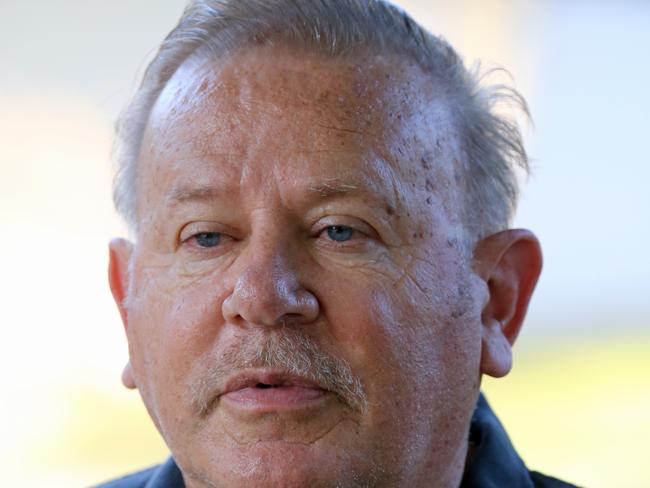
“Following reported comments about the incident which seem to reflect misunderstanding of some issues I would like to clarify some aspects of my explicit communication with you as well as make an implicit communication ... more explicit,” Dr Stein wrote.
He then went on to point out how the prescribed drug was likely to be inferior to other drugs and that, in the flat dosages, had the consequence of “a significant increased risk of death”.
“One of my intentions in sending the report was the implicit message: for the RAH (Royal Adelaide Hospital) disaster to happen you had to have a major issue with governance. I strongly suspect this to be the case with your medical oncology department,” Dr Stein wrote.
The documents also reveal Dr Grygiel had no previous complaints raised about underdosing, but the Health Care Complaints Commission records showed four other complaints, which were referred to resolution.
Newly appointed director of medical oncology Associate Professor Anthony Joshua sent an email out on February 19 questioning the public statements given out by the hospital that the dosage had been based on previously approved NSW Cancer Institute guidelines.
“I find this hard to believe,” Dr Joshua wrote.
He also questioned why the pharmacy department had not previously raised a red flag about the problem.
The interim report released this week highlighted that “no one took overall responsibility for addressing the incident”.
“This delayed advising and supporting patients and their families,” it stated.
“In the medical oncology unit, when treatment was challenged, it seems there was always acceptance of the explanation provided by Dr Grygiel.”
BLAME HOSPITAL NOT MY FATHER, DAUGHTER PLEADS
Laura Banks and Clarissa Bye
THE daughter of under-fire oncologist John Grygiel penned a passionate letter to Health Minister Jillian Skinner in February defending her father — who she believed was a “scapegoat”.
Eleanor McNamara wrote “the dysfunctional management of cancer services” at St Vincent’s Hospital and the Kinghorn Cancer Centre were to blame for the underdosing scandal.
“My father came to this country as an immigrant, he was raised by a single mother who had the strength to raise two boys in a country where she had no support and didn’t speak the language,” Ms McNamara wrote. “You may think this email is the ramblings of a woman who is blinded by love for her father … but I can assure you that I am well able to separate my feelings from the facts”.
Ms McNamara said Dr Grygiel attained a pharmacy degree before studying medicine and that he had worked in research and for pharmaceutical companies prior to clinical practice.
She recalled him running an oncology clinic for farmers in rural NSW for more than 20 years.
When contacted by The Daily Telegraph yesterday, Ms McNamara said she would not be providing comment as the matter was now in the hands of lawyers.
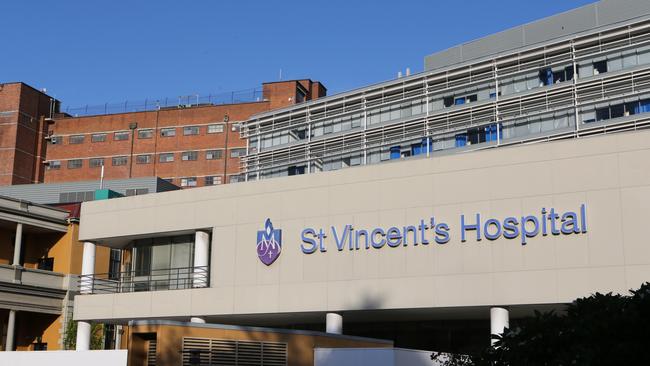
‘A FLAT DOSE MEANS EVERYONE WAS UNDER TREATED’
Clarissa Bye
THE underdosing of chemotherapy may actually have meant St Vincent patients were “developing resistance to further treatment”, doctors say.
Sydney University Faculty of Pharmacy lecturer Dr Nial Wheate said cancer cells not killed during treatment could grow stronger after each dose, rendering the drug ineffective.
“They run the risk of their cancer developing resistance to further treatment and having it spread through their body,” he said.
Dr Wheate also said a flat dose regimen like that used by Dr John Grygiel, where he was giving the identical 100mg dose of carboplatin to every patient regardless of weight, height, age and the state of their kidneys, was unheard of: “No one does a flat dose for chemotherapy. Every doctor calculates it a different way, but no one does a flat dose.
“A flat dose meant all patients were massively under treated. The result was a lower chance that their treatment would work.”
He said unless a patient was really small, the dose would be well over 100mg. Using another calculation method, called BSA, a patient “would need to be around 40cm tall and weigh only 12kg”.
“If you get really bad side effects from the first dose we scale it back. We try to give patients the highest possible dose they can tolerate,’’ he said.
More Coverage
